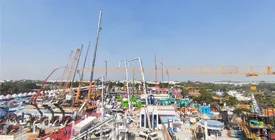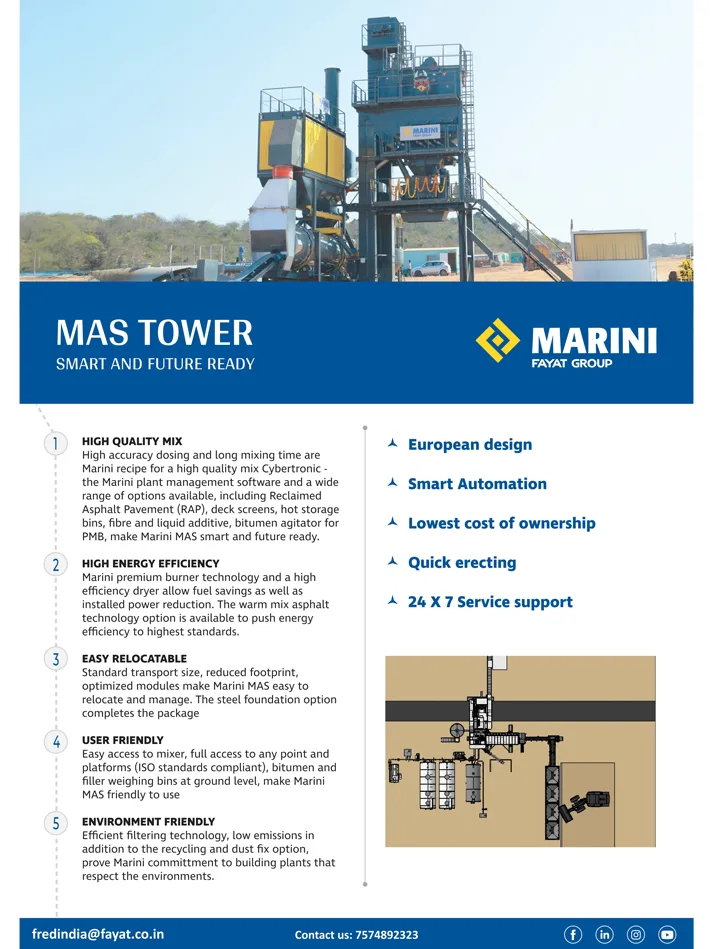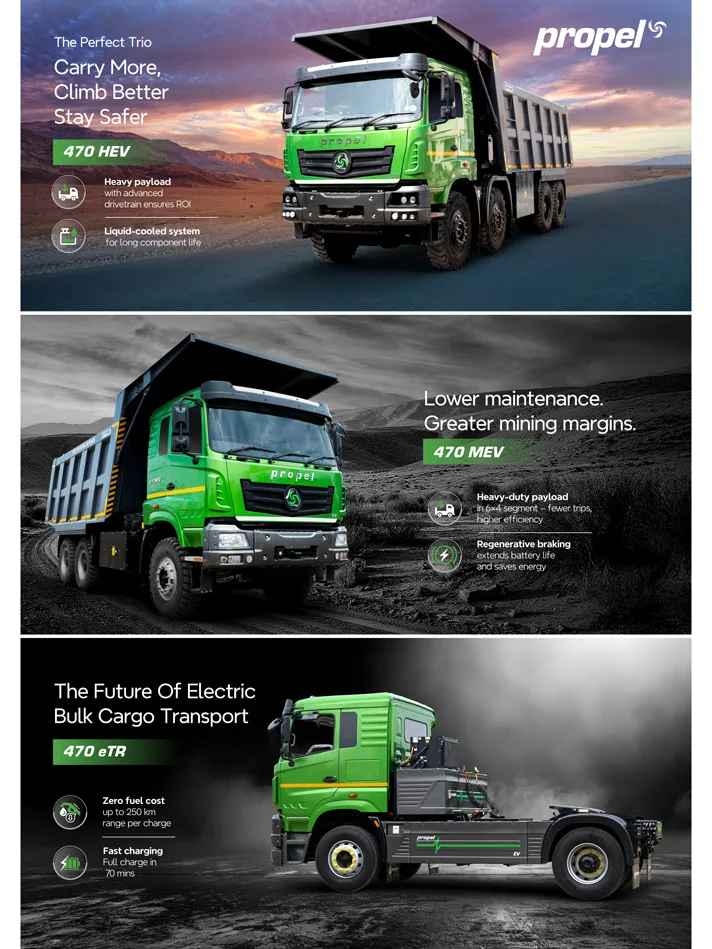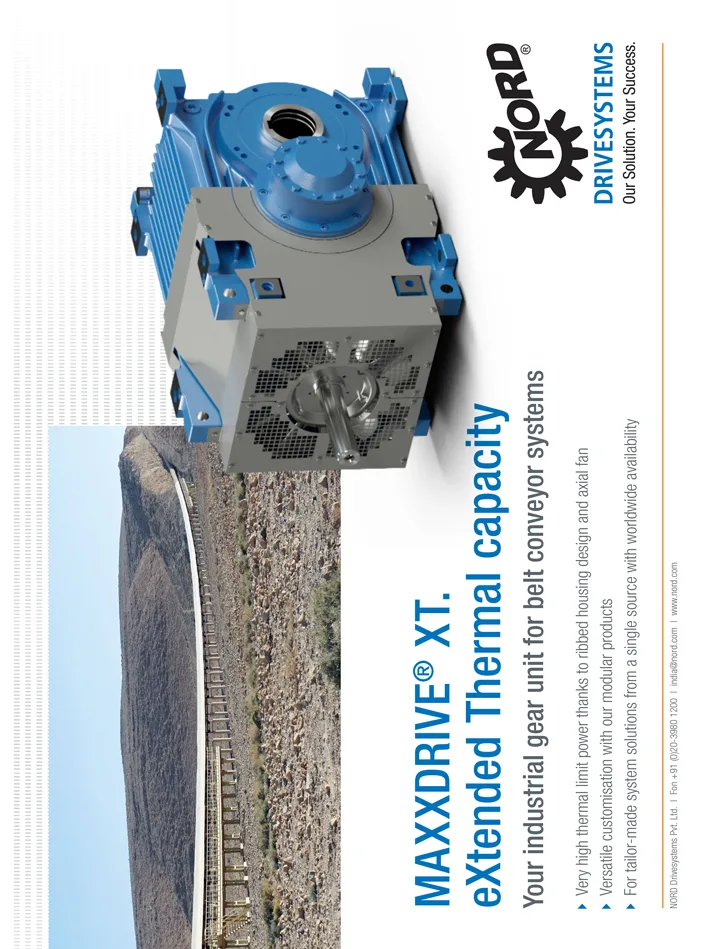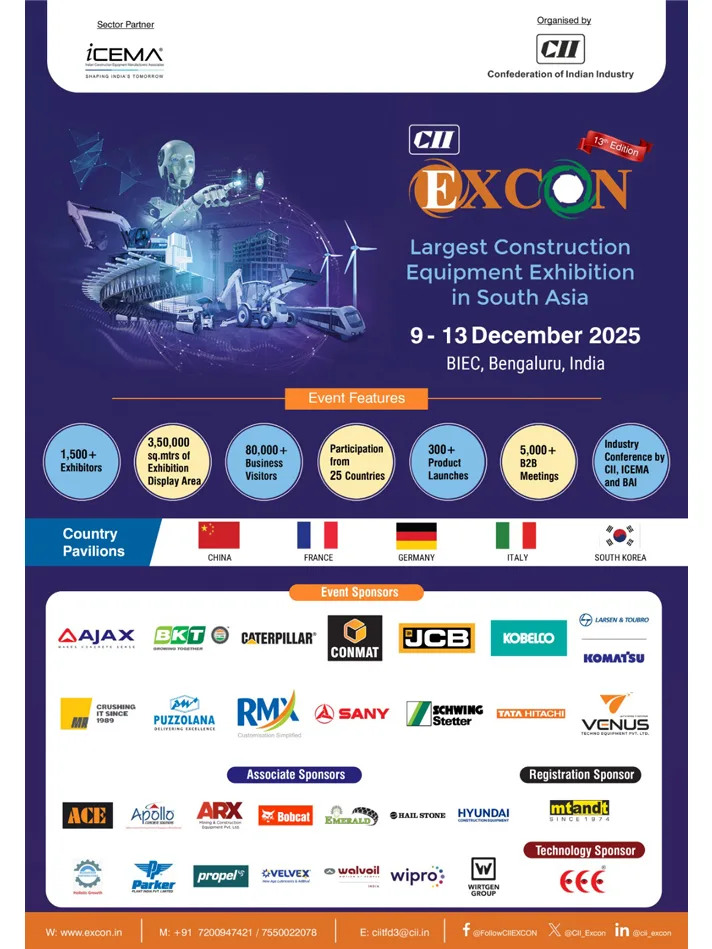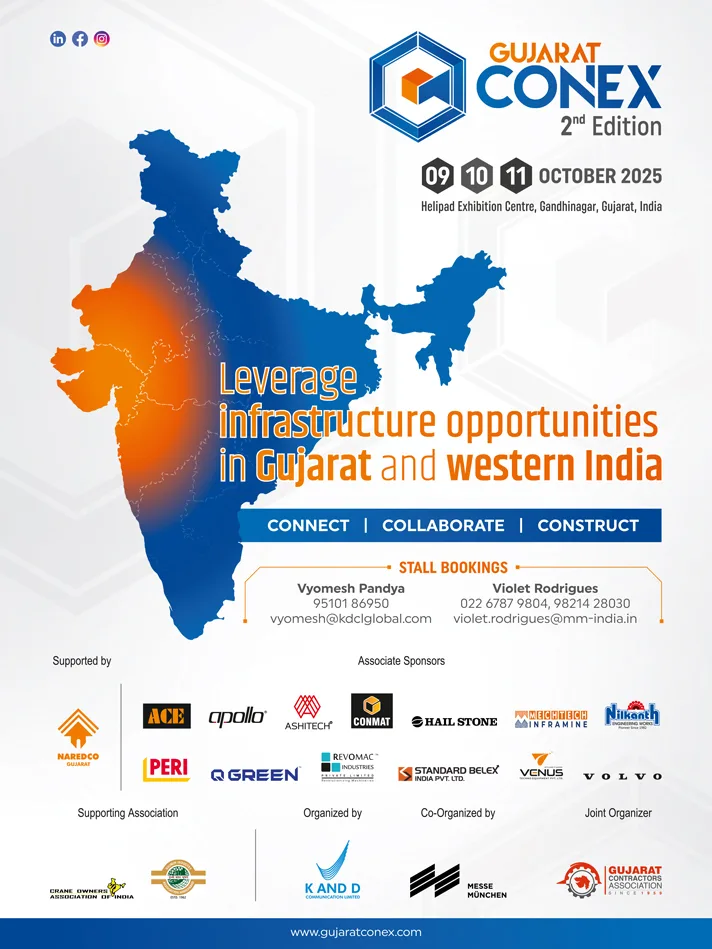Getting Back on TRACK…
The Maharashtra Assembly Election results have once again enthused the India Inc and given them a ray of hope for the much-awaited growth uptick. The thumping majority of NDA is looked upon by industry leaders as a great positive sign to fast track some of the most sought-after infrastructure projects. In fact, if the recent news updates are an indication, the Cabinet Committee on Economic Affairs (CCEA), chaired by Prime Minister Narendra Modi, approved three significant railway projects, totaling an investment of Rs 7,927 crore. The projects include the construction of the Jalgaon-Manmad fourth line (160 km), the Bhusawal-Khandwa third and fourth lines (131 km), and the Prayagraj (Iradatganj)-Manikpur third line (84 km). This project is going to have a significant impact on the infrastructural landscape of Maharashtra. According to government officials, these projects are part of the PM-Gati Shakti National Master Plan, which promotes integrated and multi-modal connectivity.
In another interesting update, the Indian Railways is set to trial its first hydrogen-powered train this December. The trial run will take place on the Jind-Sonipat route in Haryana, covering a distance of 90 km. The train, manufactured by the Integral Coach Factory in Tamil Nadu, is designed to run at speeds up to 140 km per hour. It uses fuel cells that combine hydrogen and oxygen to generate electricity, with water vapor as the only emission. This aligns with Indian Railways’ goal of achieving net-zero carbon emissions by 2030.
There are interesting developments shaping up at all fronts when it comes to developing a world-class infrastructure… The Department for Promotion of Industry and Internal Trade (DPIIT) recently finalized model City Logistics Plans (CLPs) for Delhi and Bengaluru with an aim to improve urban freight efficiency and cut logistics costs. Under the Indo-German technical cooperation, Deutsche Gesellschaft fur Internationale Zusammenarbeit (GIZ’s) Green Freight Project supported the relevant state authorities in the preparation of the model CLPs and adopting international best practices.
Highlighting the problem of fast deteriorating road conditions at a recent event, Union minister Nitin Gadkari informed that the government has decided to double the ‘defect liability period’ to 10 years for contractors of engineering, procurement and construction (EPC) projects. Currently, under EPC projects, the responsibility for maintenance of national highways lies with the government after the defect liability period (5 years) is over.
All these crucial developments set the agenda for the next few years’ growth roadmap and provide a huge fillip to construction stakeholders and allied segments to chart their trajectory!


